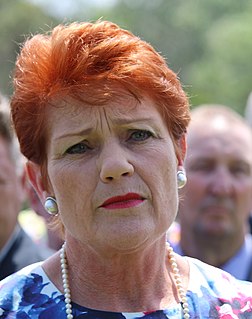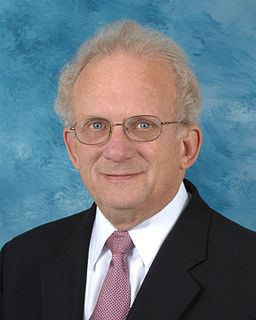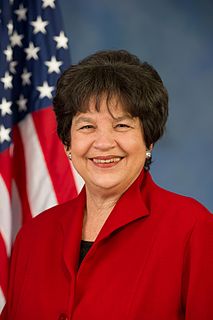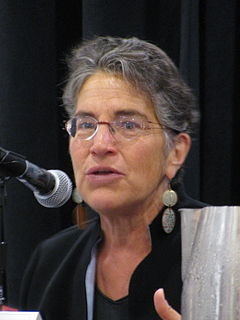A Quote by Ted Yoho
When foreign assistance has a clear mission, buy-in from the aid-recipient country, and explicit metrics for implementation, the United States will be able to transition aid-recipient nations into strong trading partners. One of the greatest examples of this successful transition is South Korea.
Related Quotes
This is a good deal for the United States, north Korea will freeze and then dismantle its nuclear program. South Korea and our other allies will be better protected. The entire world will be safer as we slow the spread of nuclear weapons. The United States and international inspectors will carefully monitor North Korea to make sure it keeps its commitments. ...Only as it does, so will North Korea fully join the community of nations.
Governments of rich countries spend some $6bn of tax money a year on disaster relief and development aid overseas, while each new earthquake, famine or tidal wave can attract 1,000 aid organisations, from the United Nations Children's Fund and Oxfam to the 'Jesus Brigades' of the American south and other charitable adventurers.
Instead of ending U.S. military aid to the 23rd wealthiest country to use for its consistent violations of international law and human rights, we see the Obama administration escalating the annual amount of aid, so that Israel will now start each year with almost $4 billion, with $3.8 billion a year of military aid coming from our tax money to support its military, without any restrictions on how it makes - how it uses that money, what weapons in the U.S. it's able to buy.































